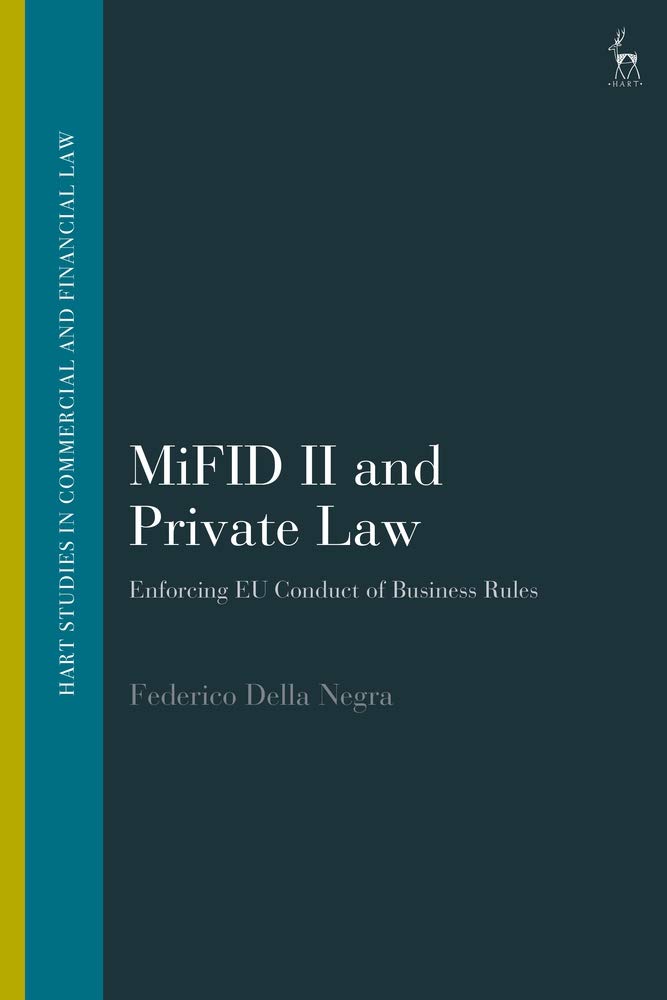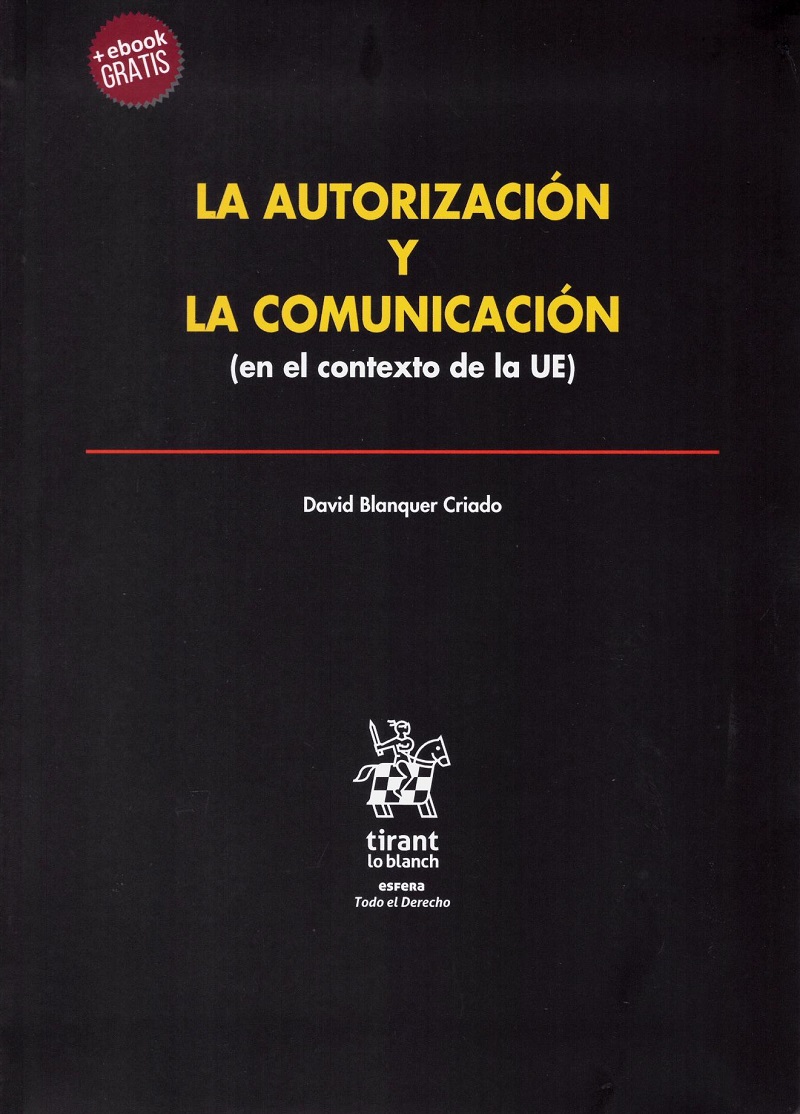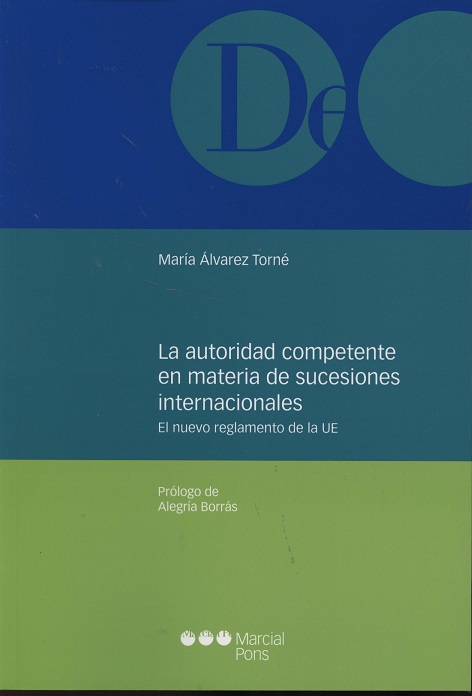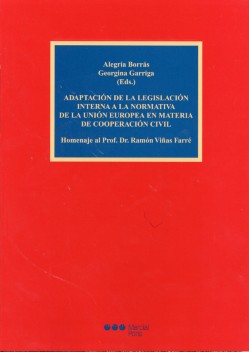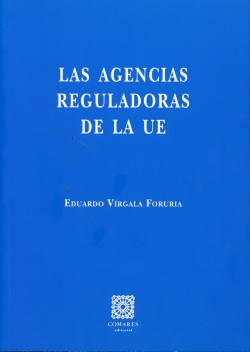In the wake of the global financial crisis, investors have suffered significant losses as a result of breaches of conduct of business rules in the distribution of financial instruments.
MiFID II introduced new disclosure, distribution and product governance rules to strengthen the protection of investors but, like MiFID I, did not harmonise the civil law consequences for their violation.
This book asks whether, in spite of the silence of the EU legislators, the MiFID II conduct of business rules may produce civil law effects, enabling investors to enforce them against investment firms before national courts and alternative dispute resolution (ADR) mechanisms.
Building on the case law of the CJEU, the book shows the conditions under which the breach of MiFID II conduct of business rules should give rise to a private law remedy, and what remedies would be compatible with EU law.
MiFID II and Private Law is an essential contribution to academic research in EU and financial law and will be a key text for policy-makers and legal practitioners working in the field of investor protection regulation and mis-selling litigation.
MiFID II and Private Law. Enforcing EU Conduct of Business Rules
ISBN: 9781509925292
El precio original era: 96,60€.96,60€El precio actual es: 96,60€. 91,77€ IVA incluido
Solo quedan 1 disponibles (puede reservarse)
| Fecha de edición | 11/07/2019 |
|---|---|
| Número de Edición |
1 |
| Idioma | |
| Formato | |
| Páginas |
288 |
| Lugar de edición | |
| Colección |
HART STUDIES IN COMMERCIAL AND FINANCIAL LAW |
| Encuadernación |
Introduction
1. The Rise of EU Investor Protection Regulation and the Role of Private Law
I. Harmonisation in EU Securities Markets: From Liberalisation to Regulation
II. The Development of EU Investor Protection Regulation
III. Protecting Investors without Private Law: The Reasons for (The Lack of) Private Law Harmonisation
IV. Bridging EU Conduct of Business Rules and National Private Law via EU General Principles
V. The Interplay between EU Sectoral Regulation and National General Private Law: Towards Hybridisation of National Private Law?
VI. Preliminary Conclusion
2. Regulatory Design of MiFID II’s Conduct of Business Rules
I. Rationales of Conduct of Business Rules
II. The Scope of Conduct of Business Rules
III. The Clients’ Categorisation Rules
IV. Regulating Investment Firms’ Conduct
V. Private Law Duties and Remedies (in the Shadow of) MiFID II
VI. National Conduct of Business Rules
VII. Preliminary Conclusion
3. Civil Law Effects of ESMA’s ‘Conduct of Business Handbook’
I. Conduct Supervision and Private Law: The Issues at Stake
II. ESMA’s Institutional Design
III. ESMA’s ‘Conduct of Business Handbook’
IV. National Supervisory Models
V. A Comparative Assessment
VI. Shaping Private Law Through Supervisory Standards
VII. Preliminary Conclusion
4. Civil Law Effects of Conduct of Business Rules in Out-of-Court Proceedings
I. Out-of-Court Retail Dispute Resolution in EU Law
II. The EU Regulatory Framework
III. National Out-of-Court Dispute Resolution Mechanisms
IV. Adjudicative Approach
V. A Comparative Assessment
VI. Preliminary Conclusion
5. Civil Law Effects of Conduct of Business Rules before National Courts
I. Mis-selling Litigation: An EU Law Issue
II. National Judicial Approaches
III. A Comparative Assessment
IV. Preliminary Conclusion
6. The Emergence of Hybrid Private Law in Retail Financial Markets: Foundations and Legitimacy
I. Anchoring Hybrid Private Law to EU Law
II. Hybrid Private Law Duties
III. Hybrid Private Law Remedies
IV. The Design of Effective Private Law Remedies
V. Horizontal Application of EU of Fundamental Rights
VI. Preliminary Conclusion
7. Hybrid Enforcement Mechanisms: Future Perspectives
I. Private Enforcement of Conduct Regulation in the EU: Unexpected Importance and Limitations
II. The Goals of Private Enforcement
III. The Risks of Private Enforcement
IV. The Incentives’ Design in Retail Clients’ Litigation
V. Connecting Public and Private Enforcement: Towards Hybrid Enforcement Mechanisms?
VI. Preliminary Conclusion
Federico Della Negra is a Legal Counsel at the European Central Bank and obtained his PhD in law at the European University Institute.

